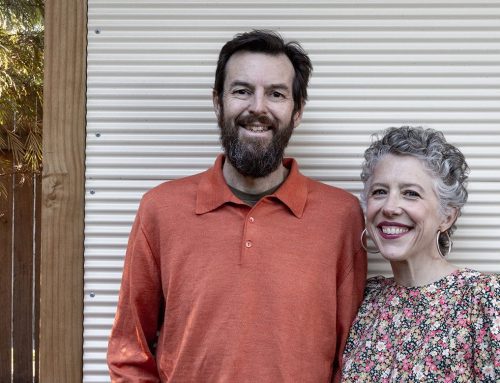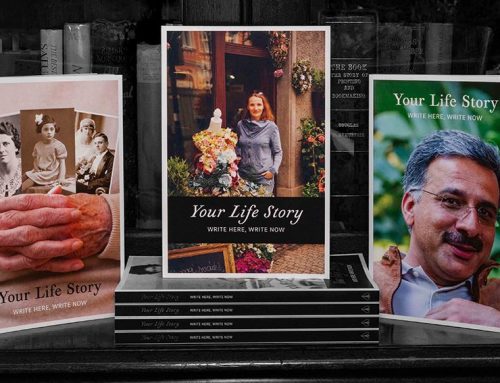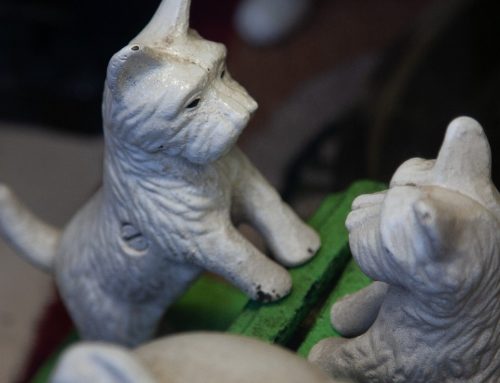When planning Biografica, we looked at a variety of angles to ensure the program provided great coverage and we also found research that life stories build resilience in children. It's fascinating stuff, and here's the story...
Professor Marshall Duke is the Charles Howard Candler Professor of Psychology at Emory University in Atlanta, USA, focusing on family issues.
Duke's research on the stories that families tell is particularly interesting for us at Biografica. He found that telling family life stories reinforced familial bonds and helped children become more resilient. Children who know stories from family members have:
- higher levels of self-esteem
- the belief that they can control their destiny
- lower levels of anxiety
- fewer behavioural problems, and
- better chances of a good outcome they face educational or emotional difficulties in life.
These are powerful findings
Family life stories often tell of family members facing adversity and so create heroic figures that made it through to share their stories today. As Duke says of this,
"Ordinary families can be special because they each have a history no other family has. They all have Uncle So and So, they all have Aunt So and So. They all have a brother who went off and did this adventure, and everyone has a story that no one else has. So if you know that, it makes you special. It's a fingerprint." (From Brooks, The Stories Of Our Families)
So how do family and life stories build resilience? These stories give children the sense of being part of a larger family that, as a multi-generational group, has experienced many things. In essence, they feel protected by what has gone before them.
This result was seen in action after the September 11 World Trade Centre attack. Duke's research was undertaken just before the attack, and it was found that children who knew more about their families could more effectively moderate the effects of stress from such events.
Who tells the stories?
Dr Robert Brook, a psychologist at Harvard Medical School, in his essay "The Stories of Our Families", combined Duke's findings to also look at who tells the stories and in what environment they are told.
He found that on the whole, stories are told by mothers and grandmothers and usually at dinners, holidays, regular celebratory events. It is important that they are not passed down like a history lesson, rather as a personal anecdote about an adventure.
The telling of stories across generations creates a multi-generational strength because the young listeners feel connected to the events. On top of that, the stories are told by a person they trust, love and respect – a "charismatic" adult who gives a child strength by being a figure of inspiration.
Biografica is a written medium. But writing your life story will no doubt bring back memories of your adventures, or those relayed to you by your parents or grandparents. Now you will be reminded to tell them to your younger family in person one day.
We all feel the need to be connected and to belong. Knowing that one day your adventures will help future generations find their place and use your stories as a grounding for their lives is an incredible exercise in time travel.
Read more about how life stories build resilience:






